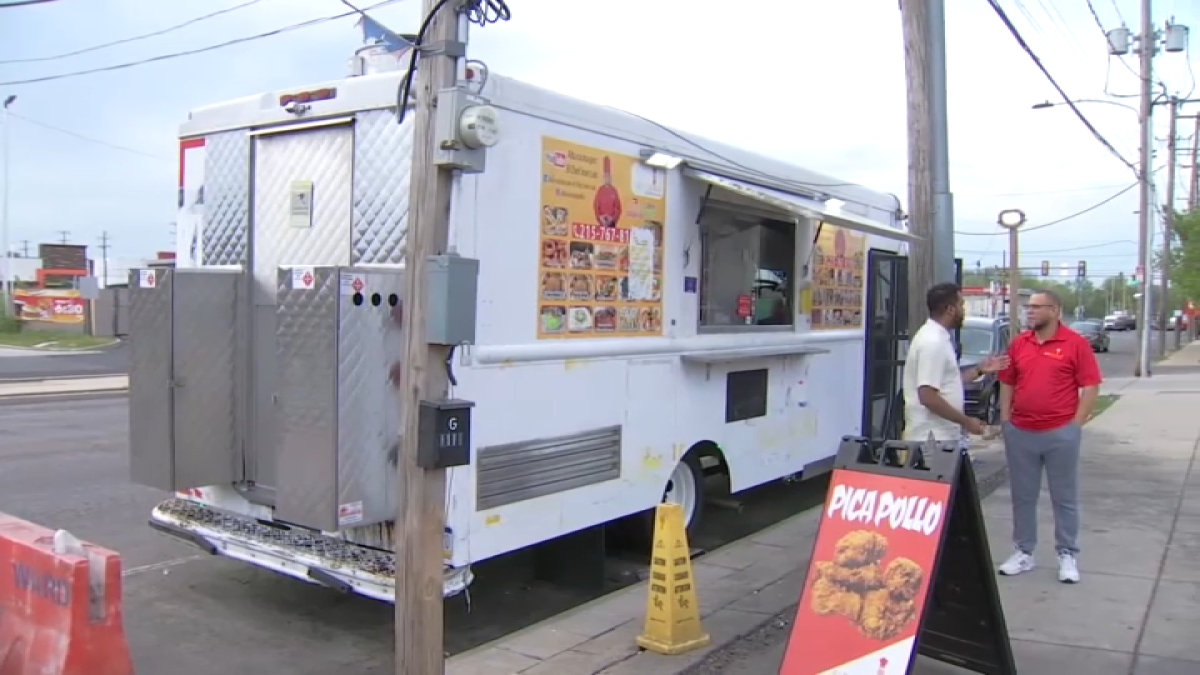Wheels of Resistance: Food Truck Owners Battle Curfew's Bite in North Philly

Food truck entrepreneurs in North Philadelphia are fighting back against a curfew ordinance that threatens their livelihoods. Frustrated by regulations that are strangling their businesses, dozens of mobile food vendors have launched an online petition to challenge the restrictive measures.
These passionate small business owners argue that the current curfew is decimating their ability to serve customers and generate income. By banding together and leveraging social media, they hope to draw attention to the economic impact of these overly strict regulations and push for more flexible policies that support local food truck operators.
The petition represents more than just a complaint—it's a collective stand for economic survival and the vibrant street food culture that has become a hallmark of North Philadelphia's culinary landscape. Food truck owners are demanding fair treatment and the opportunity to continue serving their community during reasonable hours.
As the campaign gains momentum, these resilient entrepreneurs are proving that their voices cannot be silenced and their businesses will not be easily pushed aside by bureaucratic restrictions.
